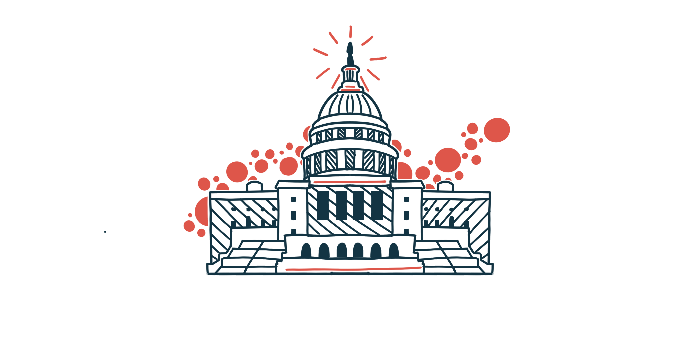NORD, Others Urge Congress to Fully Fund FDA Rare Disease Programs
Groups want spending bill to address short-term extensions, needed reforms
Written by |

The National Organization for Rare Disorders (NORD) is leading an effort by organizations representing or treating people with rare diseases, all calling on federal lawmakers to include key U.S. Food and Drug Administration (FDA) programs and reforms in a year-end spending bill.
A letter written by NORD and signed by 126 organizations asks the U.S. Congress to prioritize the needs of the country’s more than 25 million residents with diseases such as Lambert-Eaton myasthenic syndrome (LEMS).
“Millions of Americans living with rare diseases are counting on our elected leaders to finish the job to ensure the important programs and reforms that patients have fought for over the last year do not disappear,” Peter Saltonstall, NORD’s president and CEO, said in a press release.
Funding for some FDA programs due to expire on Dec. 16
As part of legislation funding the federal government through December, lawmakers passed HR6833 last month, a measure that included a five-year reauthorization of various FDA programs, including user fees, considered crucial to assuring that patients have timely access to diagnostics and essential medicines.
FDA user fees — payments collected by the agency from companies that sell certain medical products in the U.S. or are applying for a product’s approval — is in addition to congressional funding provided to keep the agency operating. Every five years, the FDA and industry renegotiate fee totals.
NORD welcomed the measure’s passage, but noted that several programs essential to the rare disease community were given short-term reauthorization that expires on Dec 16. FDA-administered programs at risk of losing funding include the Best Pharmaceuticals for Children, which encourages clinical trials in pediatric patients with LEMS and other rare diseases, and the Orphan Products Grants program that support researchers in developing “safe and effective” medical products for rare conditions.
“These programs have a history of strong, bipartisan support, and have been instrumental for rare disease product development,” NORD wrote. “The Orphan Products Grants Program, for instance, has supported rare disease product development since 1983 and facilitated the approval of more than 80 medical products. Similarly, the Best Pharmaceuticals for Children program has been instrumental in closing knowledge gaps about the safe and effective use of pharmaceuticals in pediatric populations.”
Also left out are important reforms that would help patients and their doctors in judging a given treatment’s safety and effectiveness for an individual. Lawmakers also failed to include bipartisan efforts to fortify an accelerated treatment approval pathway, codify and clarify the breadth and focus of orphan drug exclusivity, and enhance clinical study diversity.
“Our organizations are deeply concerned about the impact a delay in the long-term authorization — or a lapsed authorization of the Title V programs — and a failure to address the necessary legislative changes referenced above will have on patient access to critical, often life-saving products,” the letter stated.
NORD and the other nonprofits want Congress to pass a full five-year reauthorization of programs they consider to directly benefit the rare disease community.
“We are urging Congress to do the right thing and ensure that rare disease patients from coast to coast can benefit from these programs and reforms that, taken together, can spur innovation and improve patient access to life-changing treatments and innovations,” Saltonstall said.
NORD is the leading advocacy group for Americans living with a rare disease.





